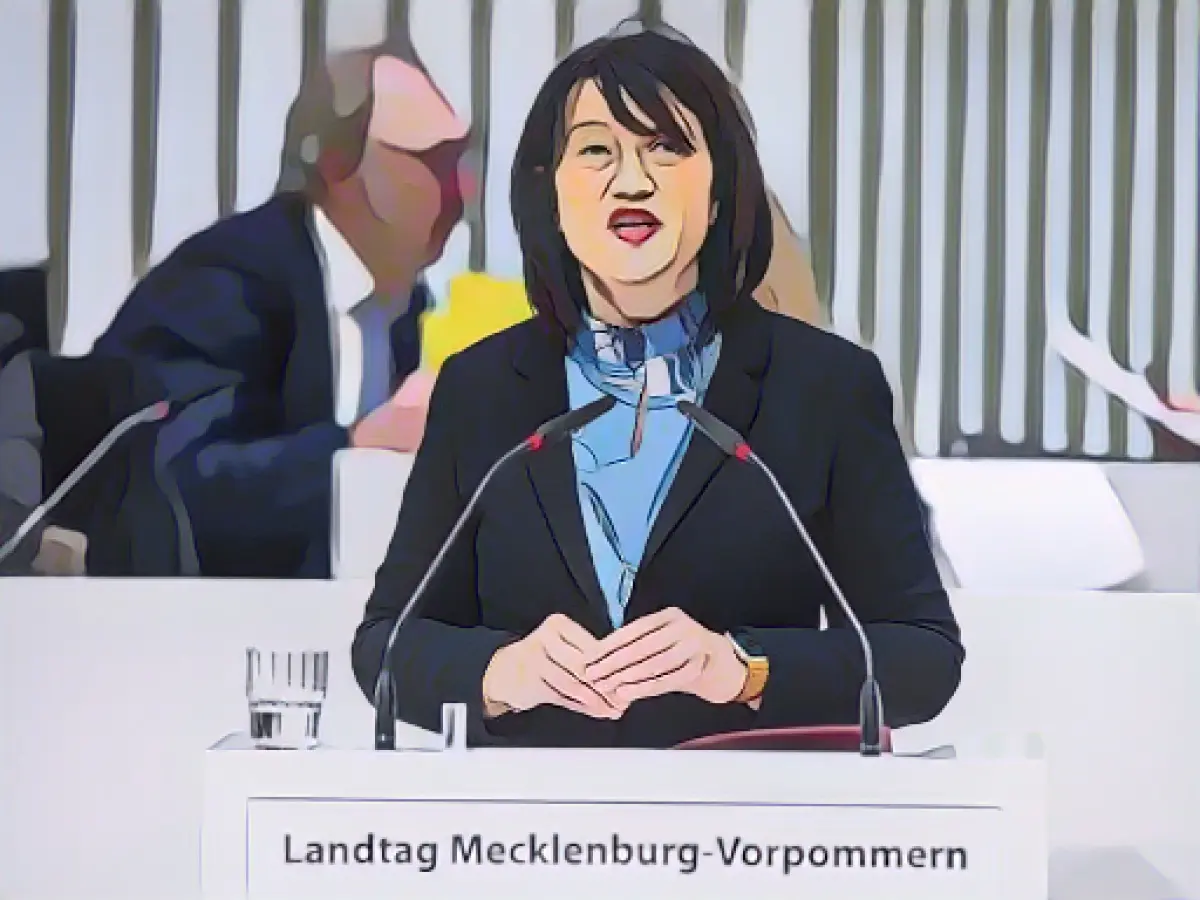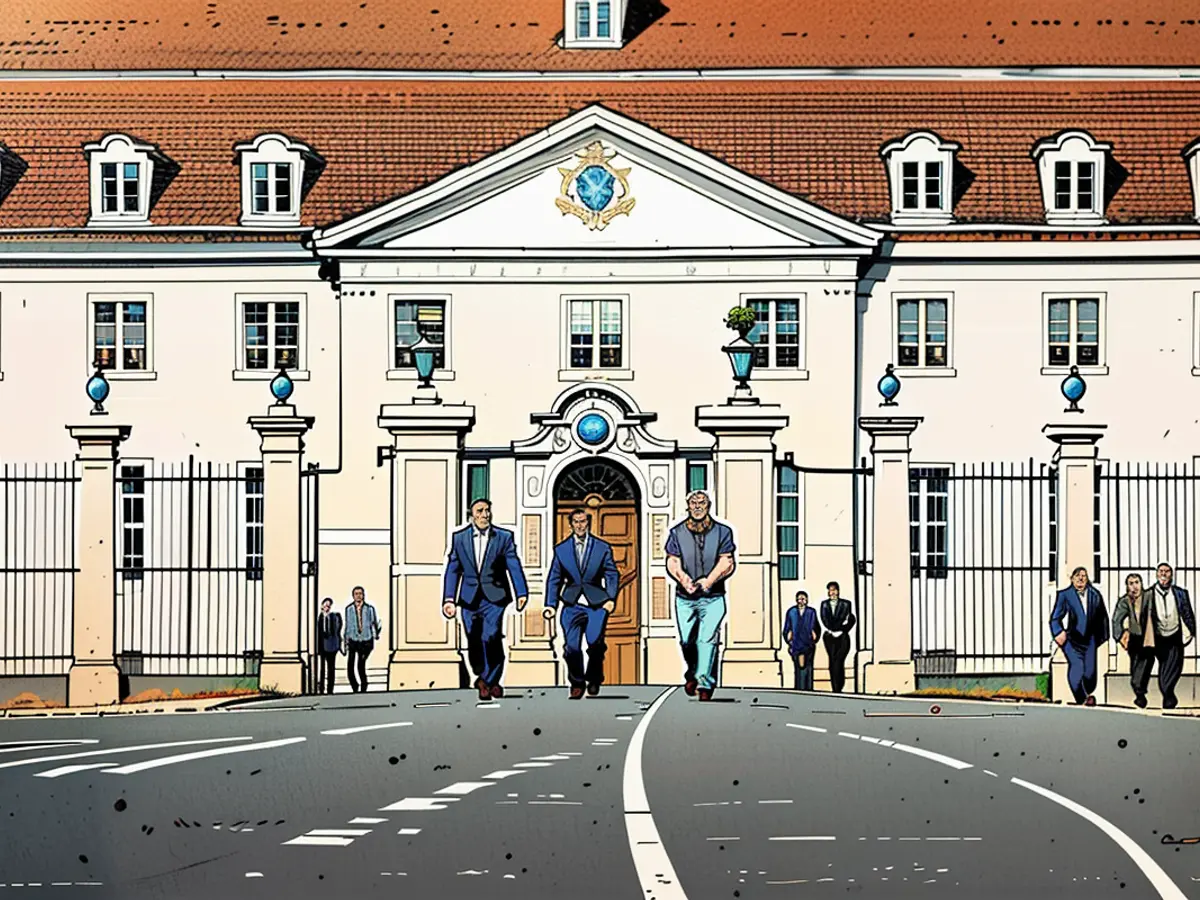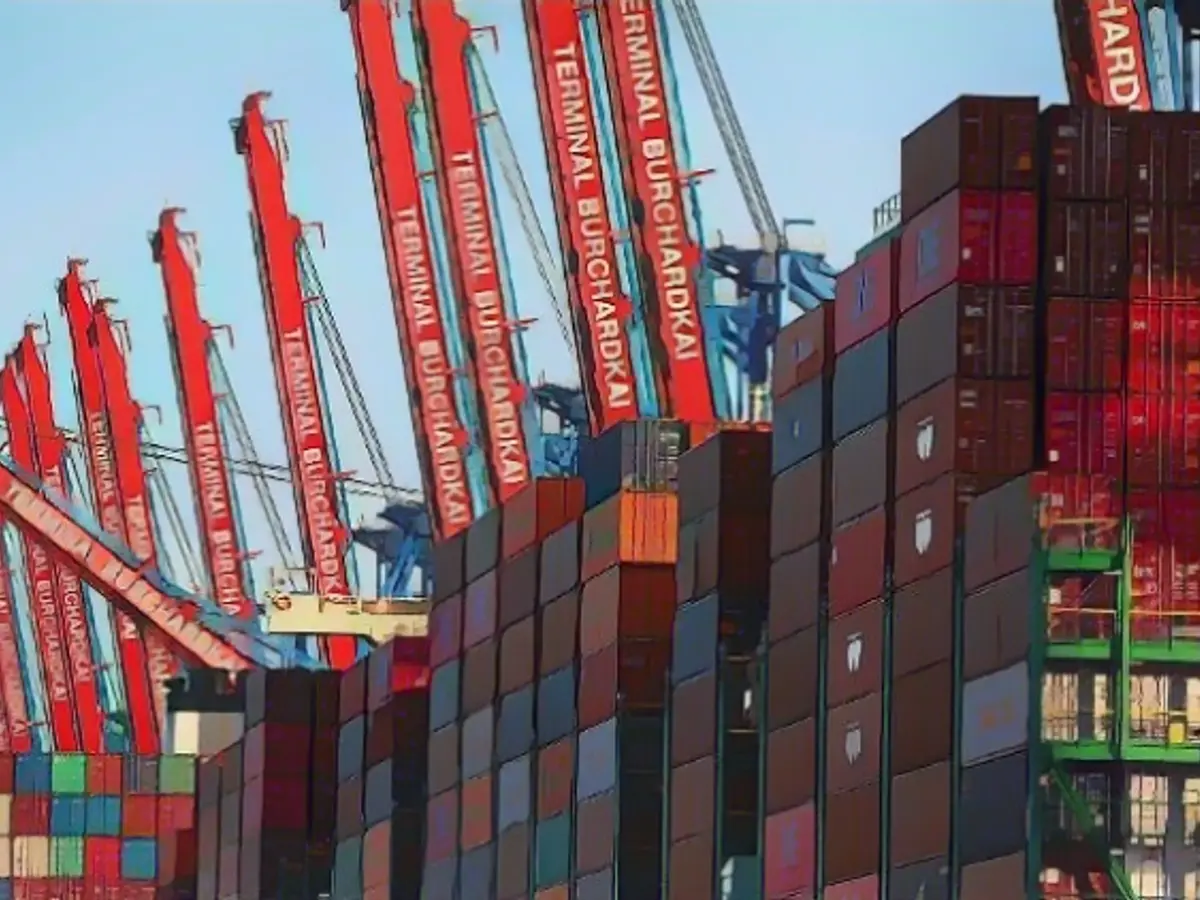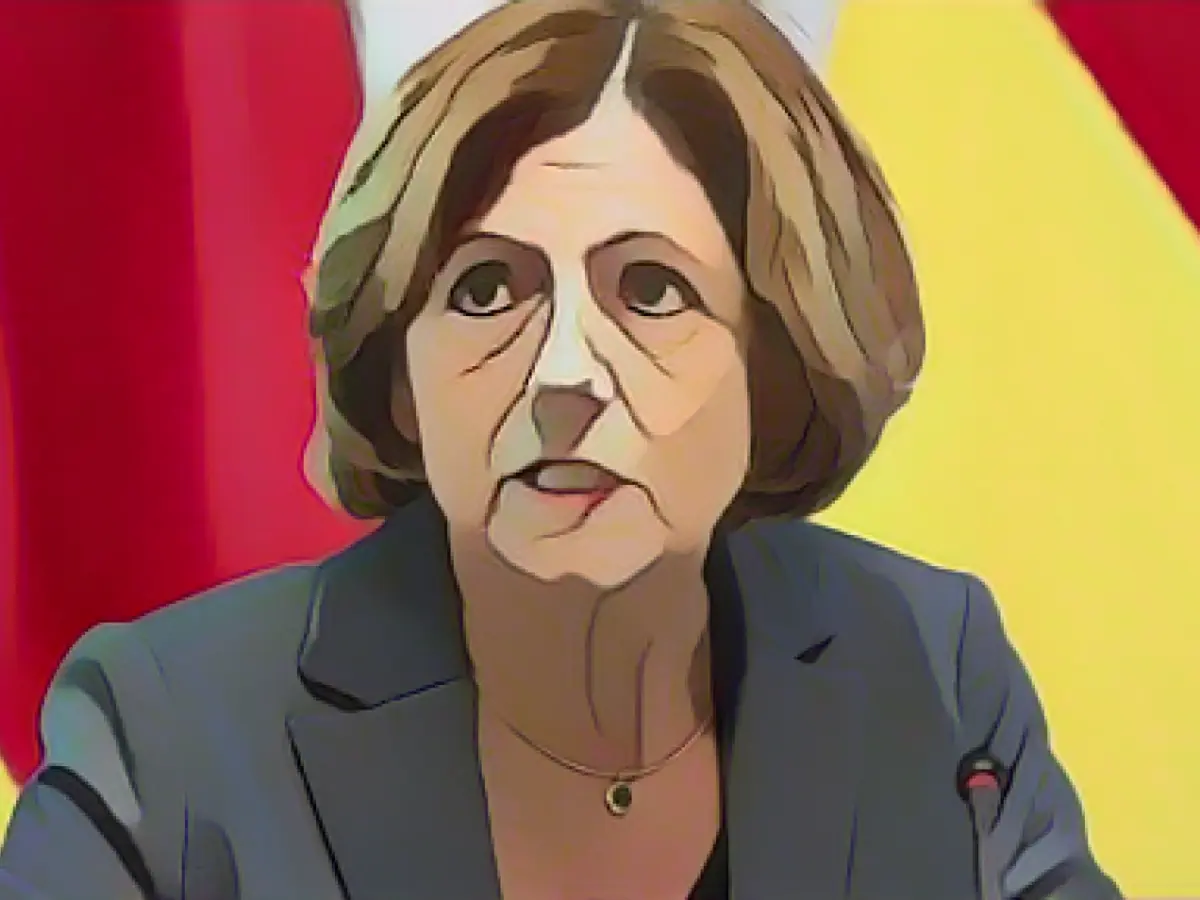Bernhardt: Time to Put an End to Fare Evasion Criminalization
The notion of decriminalizing fare evasion has been trumped in the air once again, this time by Schwerin's justice minister, following Federal Minister of Justice Marco Buschmann's (FDP) announcement. Bernhardt (Left Party), however, has expressed skepticism over Buschmann's repeated promises and called for prompt action.
Buschmann has made it clear that his stance is to no longer punish fare evasion as a criminal offence, but rather, treat it as an administrative infraction. In response to this proposal, Bernhardt suggested that the federal government should work towards a uniform approach nationwide, with traffic violations similar to fare evasion being treated as administrative offenses.
According to Bernhardt, the change is long overdue as individuals should not face criminal charges for minor offenses such as fare evasion. "Decriminalizing fare evasion isn't just about humanitarian concerns; it's also about allocating resources more effectively," she argued.
The freedom to travel without the fear of being penalized for minor inconveniences like forgetting a ticket is a right many believe should be upheld. Critics argue that the current system disproportionately impacts vulnerable populations, often resulting in lengthy prison sentences for minor offenses.
On the other hand, opponents of decriminalization highlight legal and historical contexts, public safety concerns, and transport company perspectives. Some argue that maintaining the criminal status of fare evasion is crucial to preserve historical consistency and legal precedents that date back to the 1935 law.
Unlike in the past, when fare evasion was considered a criminal offence put forth by the Nazi regime, modern times necessitate a reconsideration of this policy. In the current global landscape, public transportation systems need to be more people-friendly, focusing on the safety and well-being of commuters instead of punishing minor offenses.
Nevertheless, the implementation of this change requires careful consideration and cooperation from all relevant parties. Transitioning from a criminal offense to an administrative offense may require legislative action, contingent upon the support of key political parties such as the SPD, Greens, and FDP.
Organizations like the Freedom Fund are striving to create public awareness and pressure politicians to recognize the importance of this issue. They argue in favor of alternative solutions like offering free or reduced-fare public transportation options for individuals facing financial obstacles.
While the debate surrounding fare evasion decriminalization is far from over, the time has come to move beyond the controversy and toward a fairer and more just system. Only by working together can we achieve a transportation system that caters to the needs of the commuters, putting an end to the age-old practice of criminalizing fare evasion.







